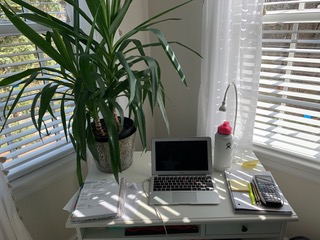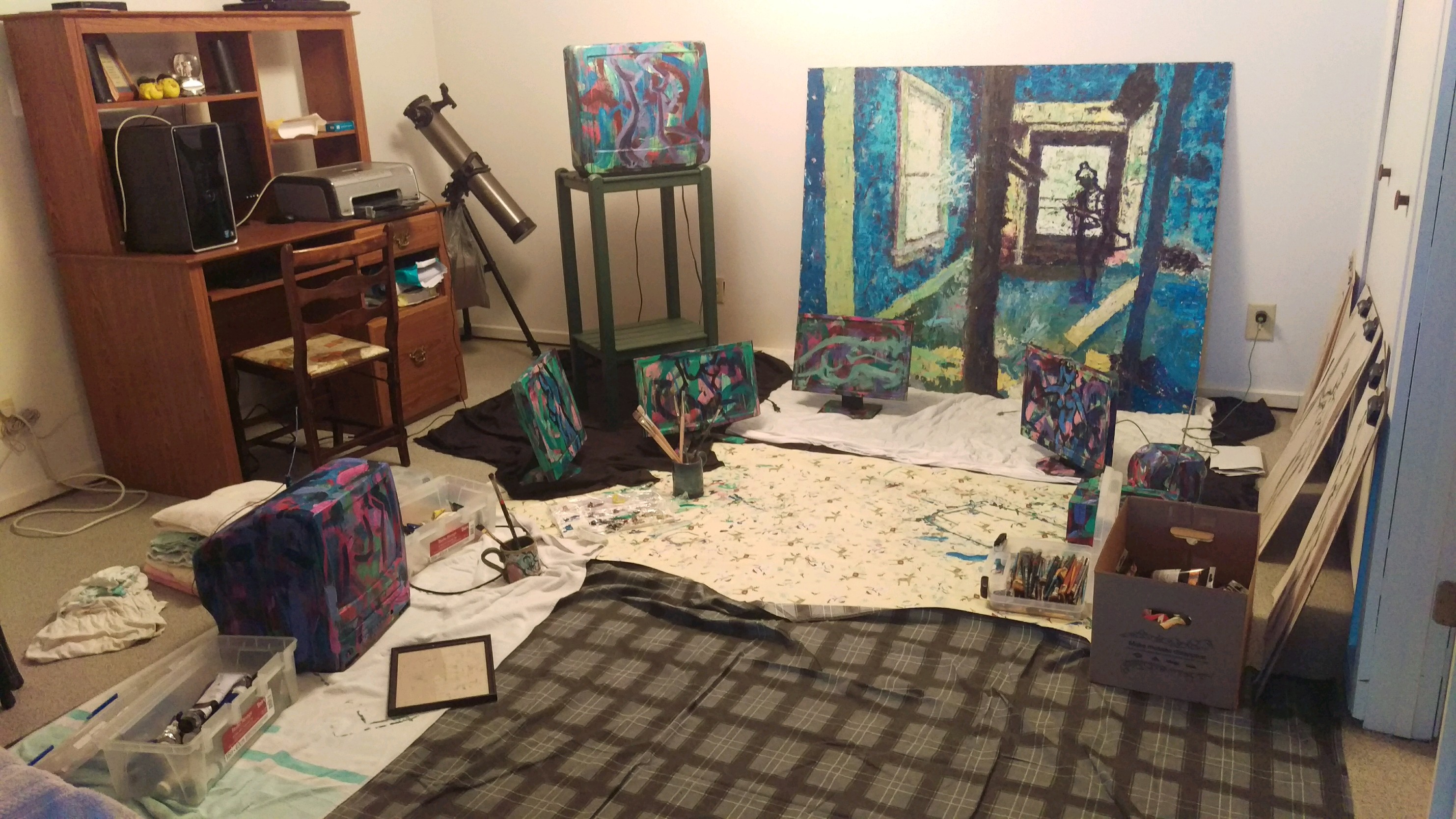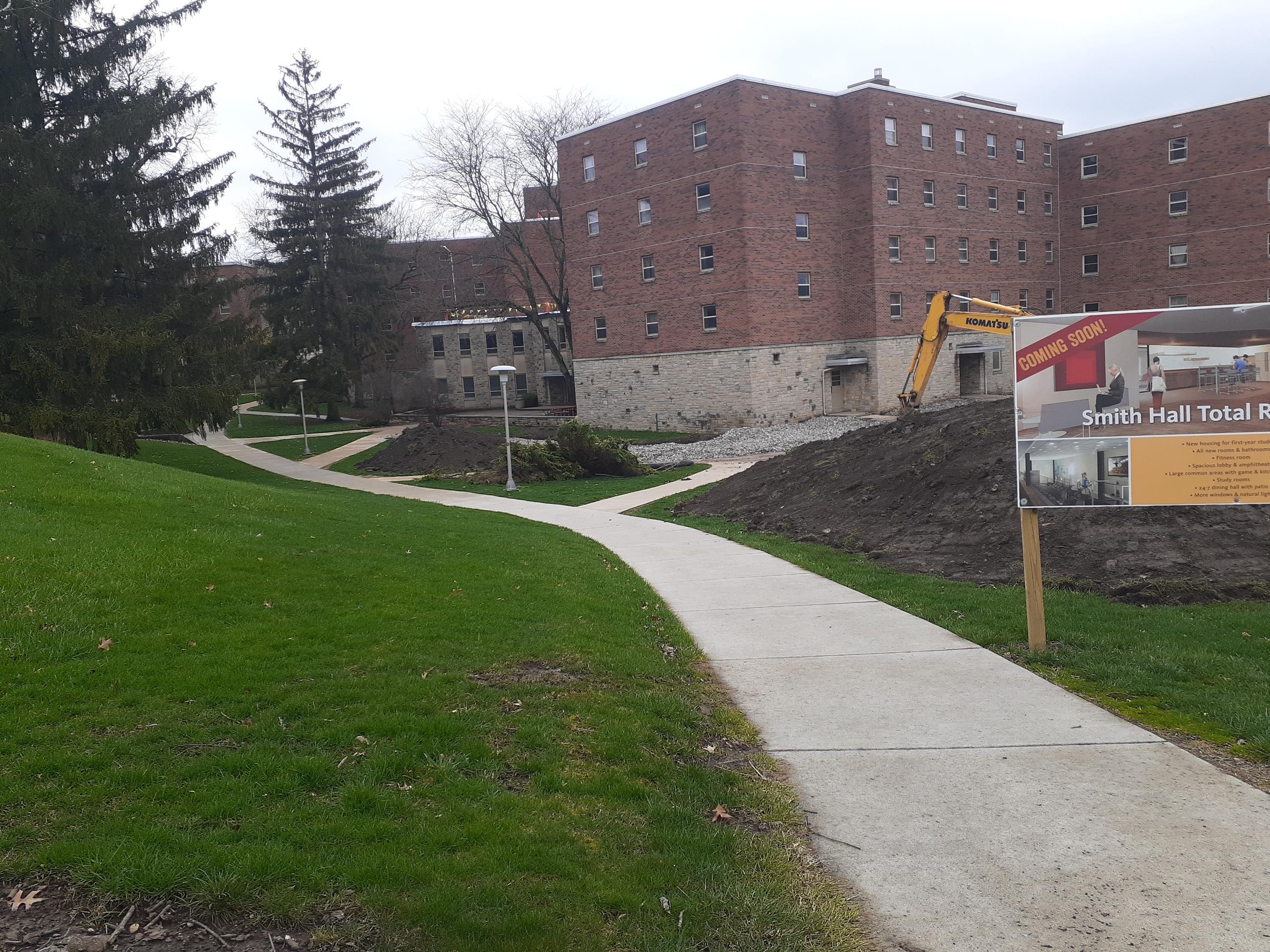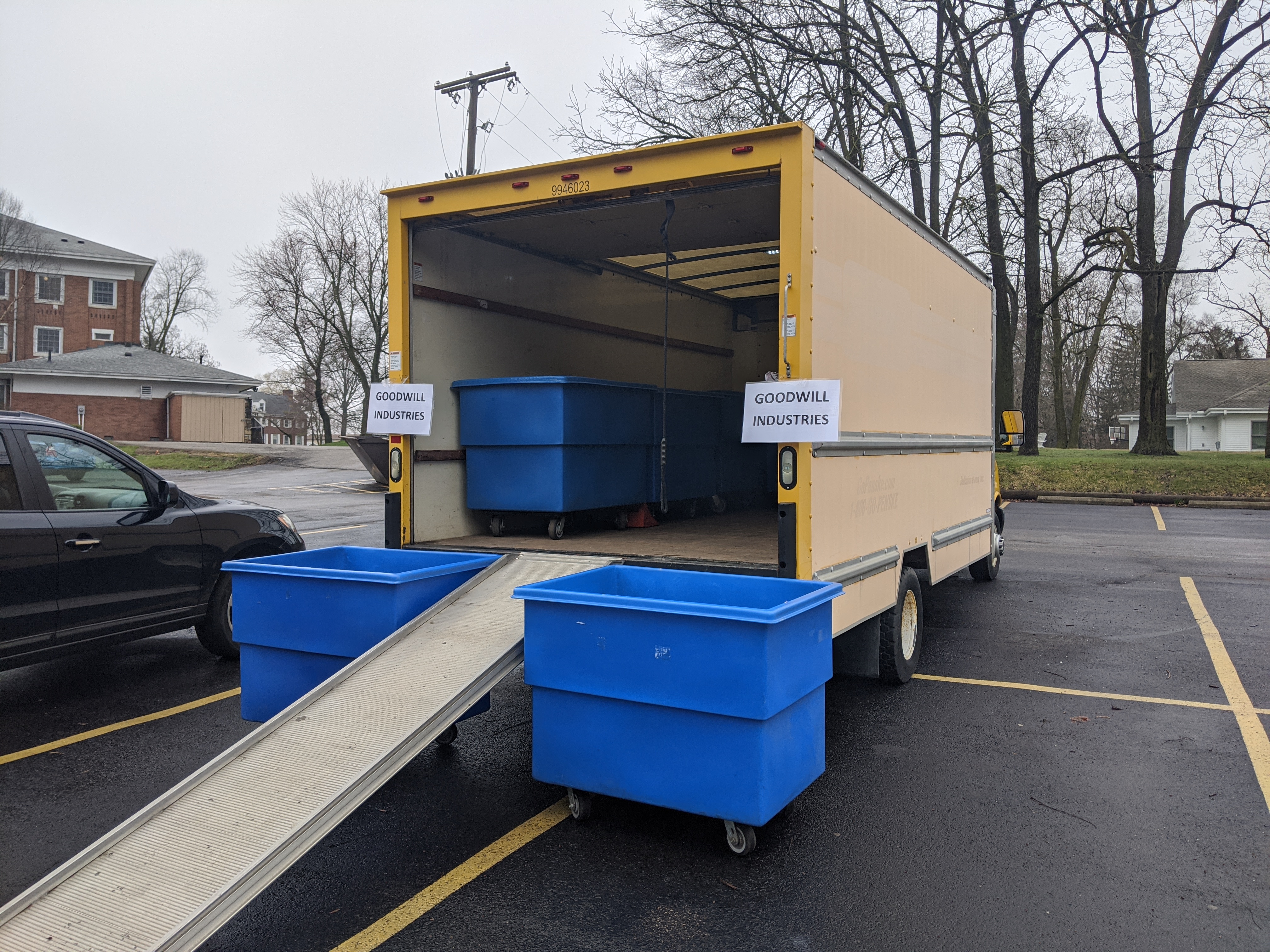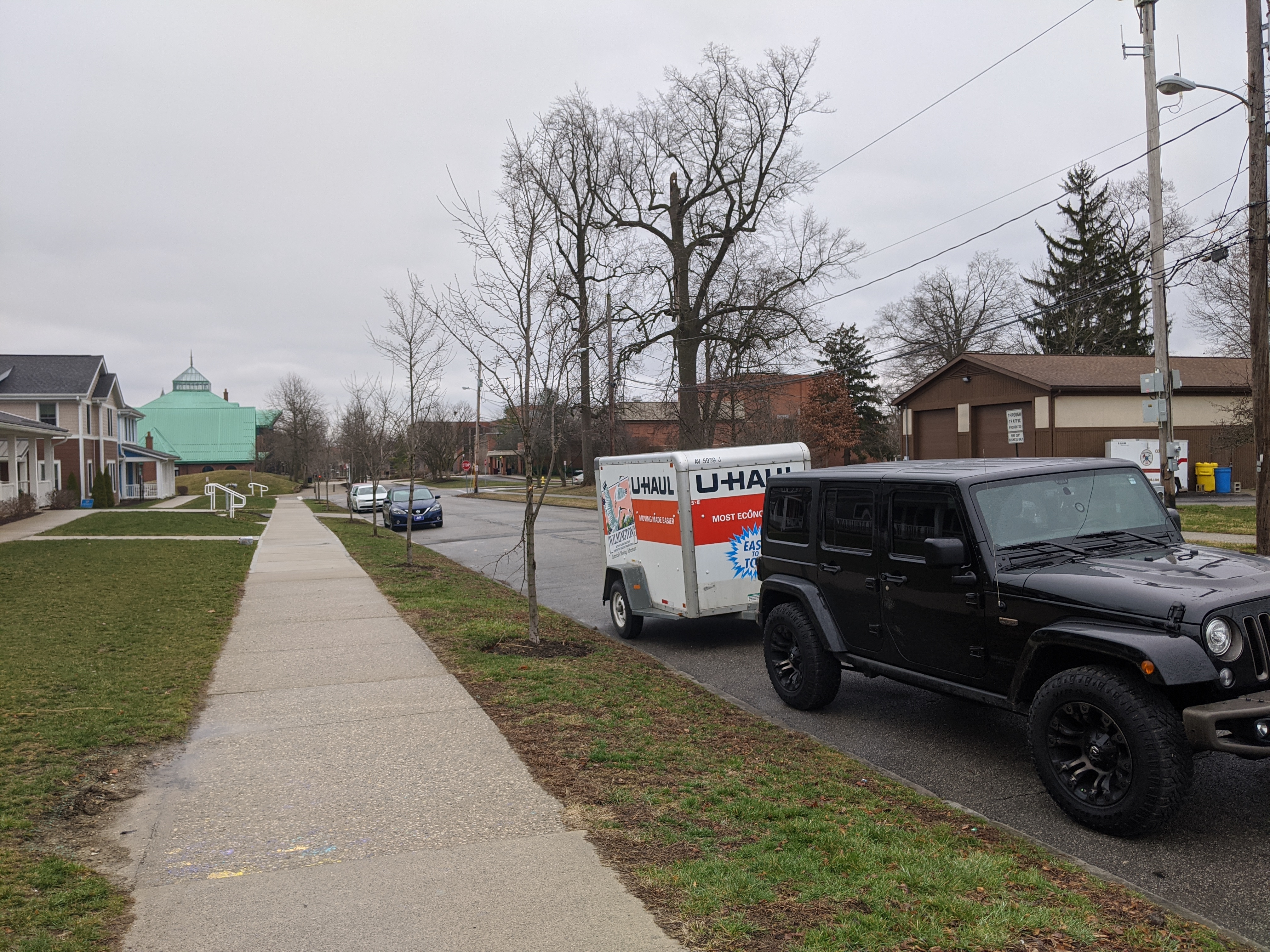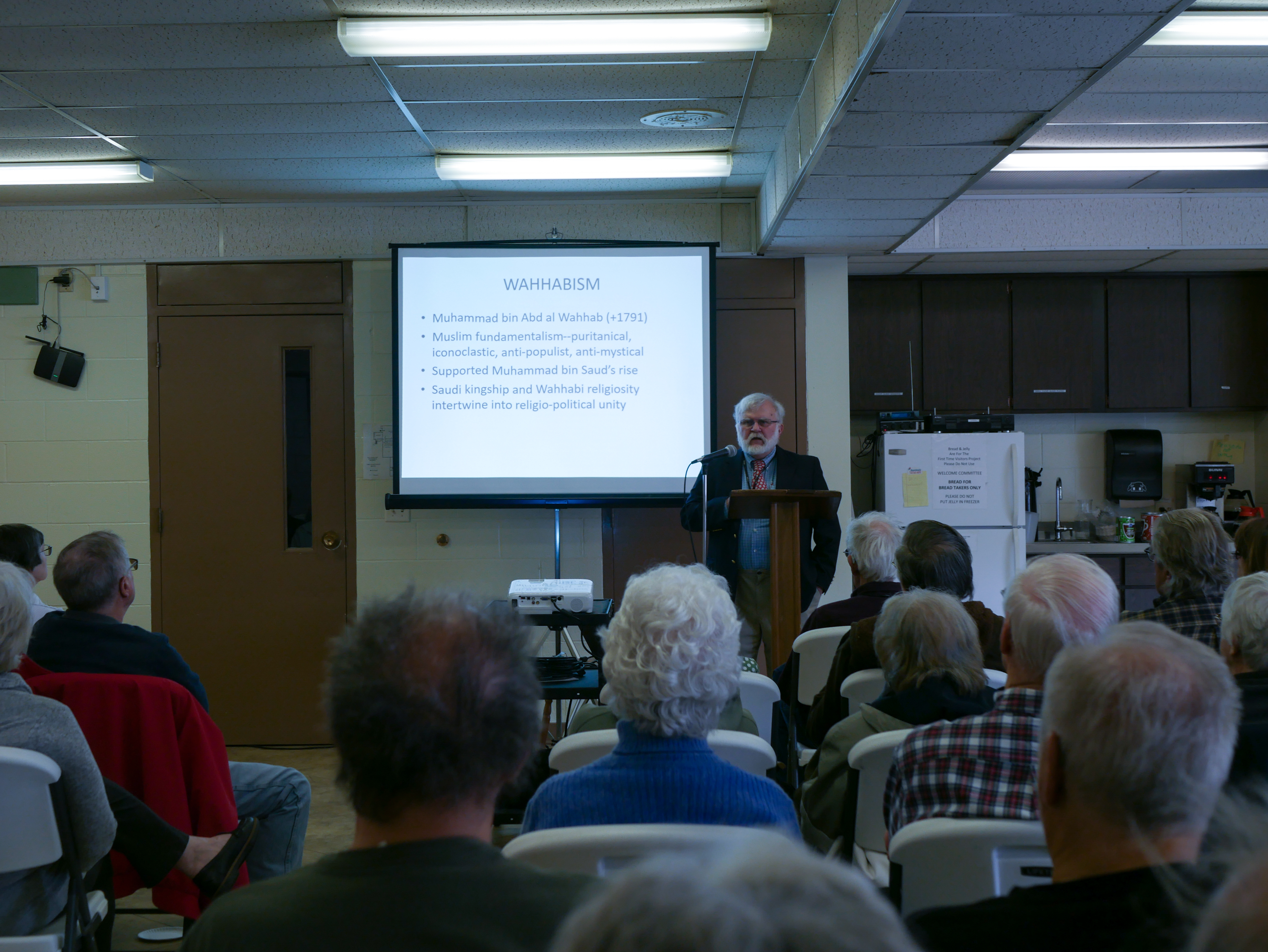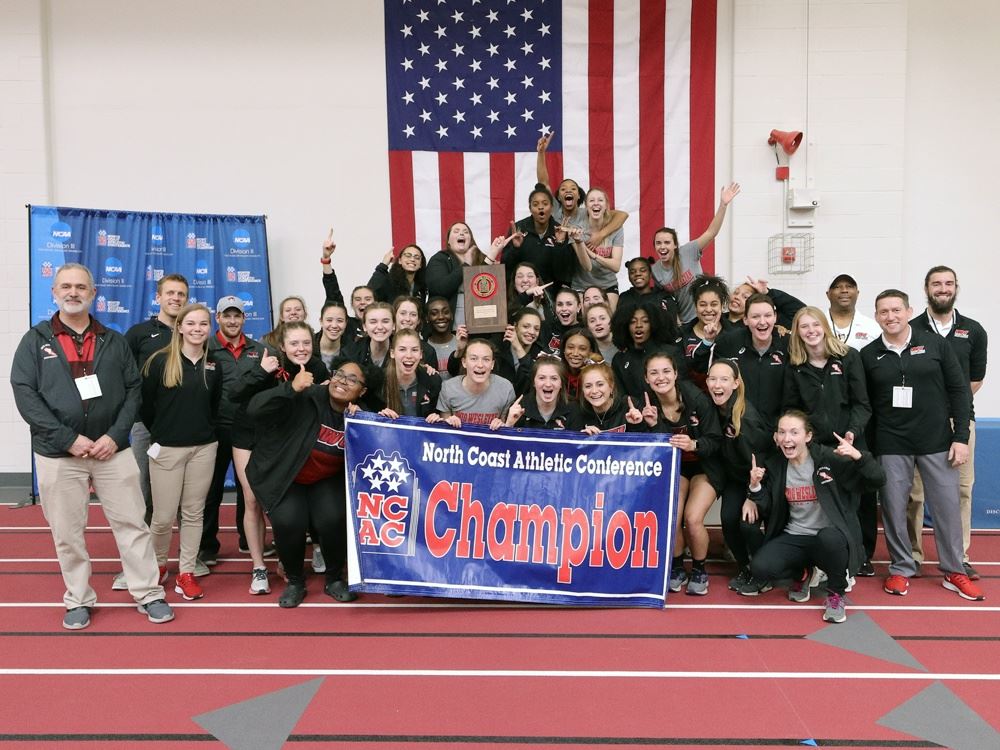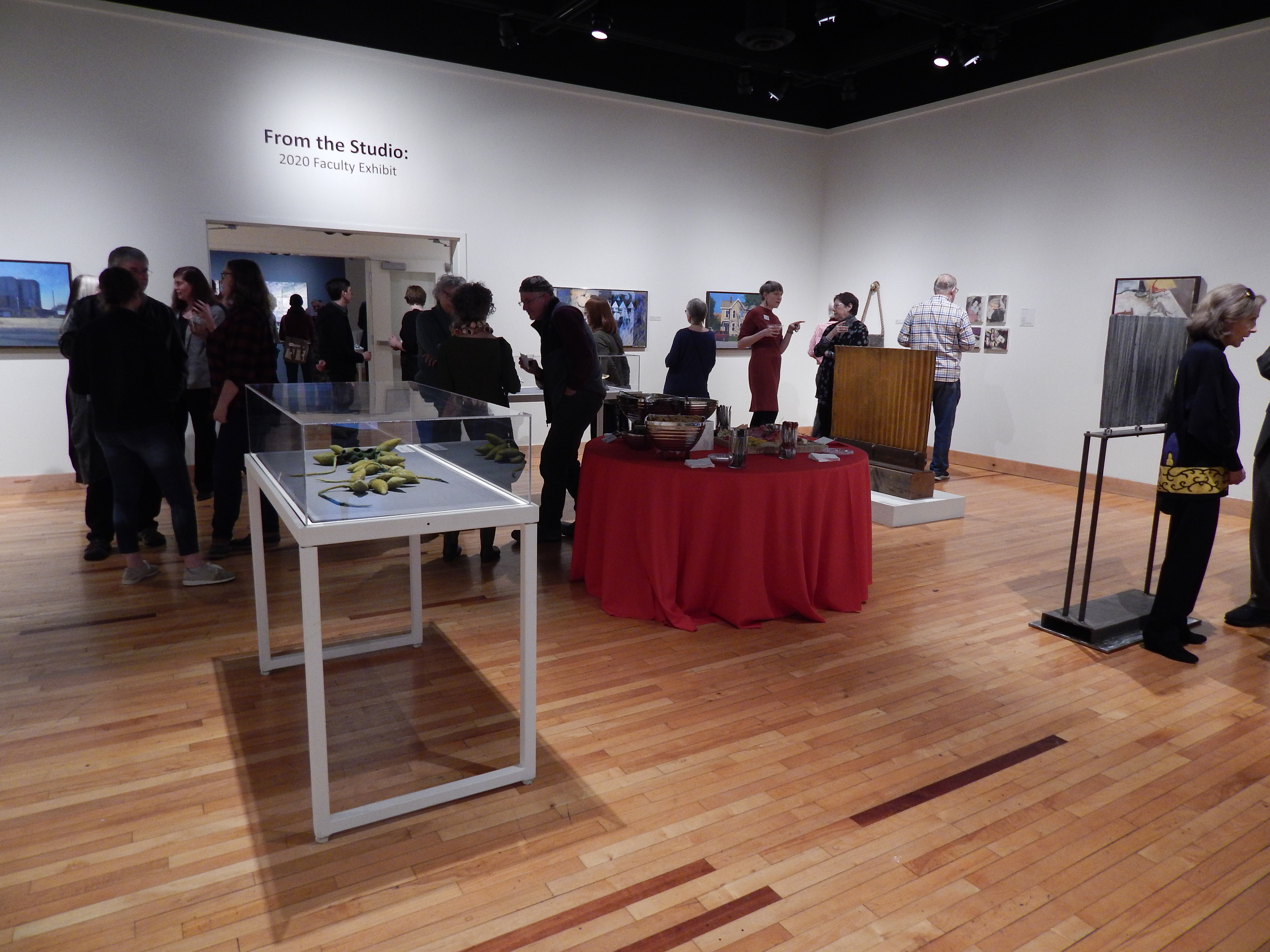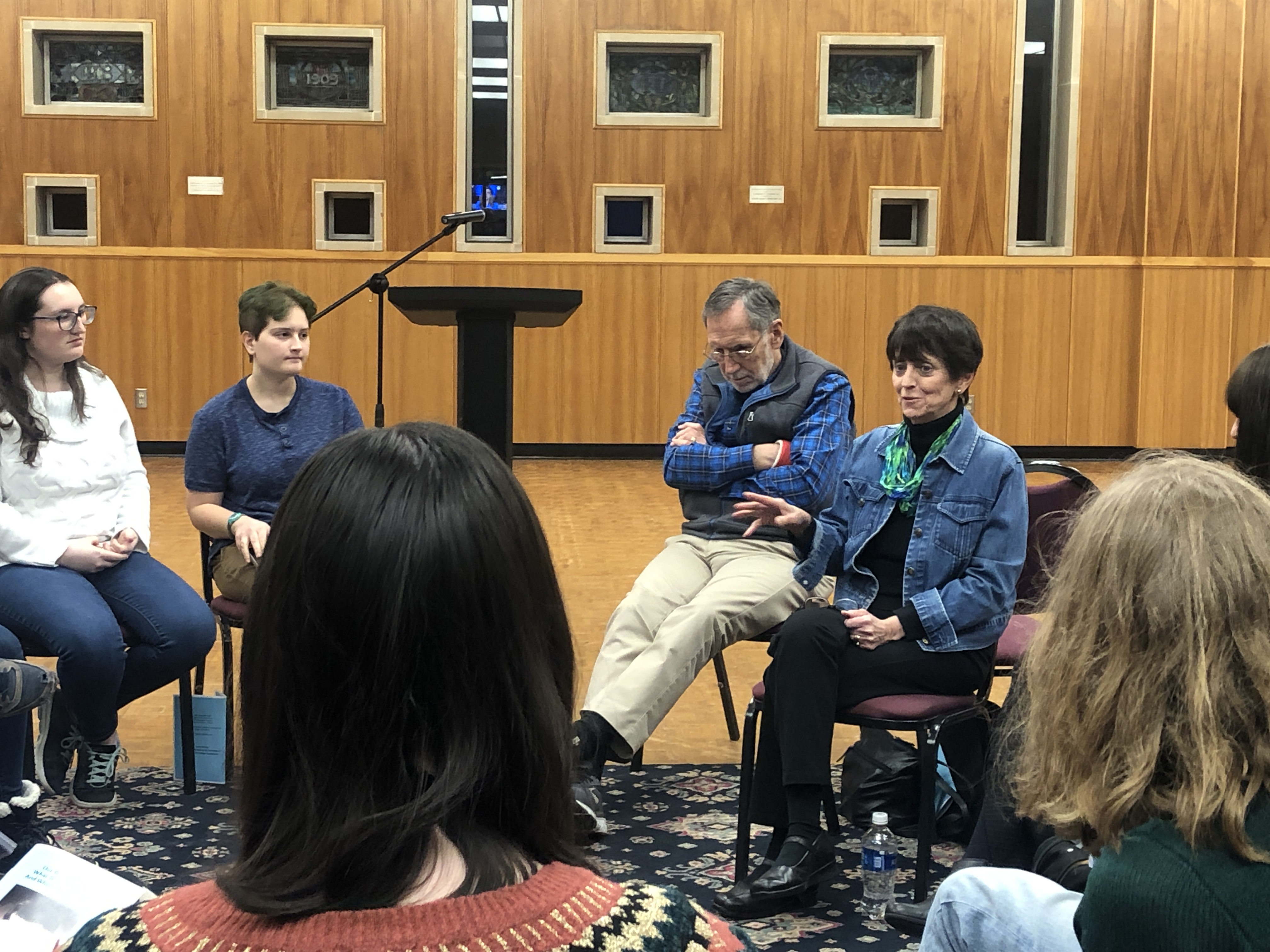Caitlin Jefferson and Connor Severino
Transcript correspondents
cmjeffer@owu.edu
cmseveri@owu.edu
As Ohio Wesleyan students wrestle with the new paradigm of remote learning after classes were canceled, some are doing well while others struggle with the tasks, getting work done on time and even remembering assignments.
More than 1,300 OWU students were ordered home last month to prevent infection from the highly contagious, rapidly spreading worldwide COVID-19 pandemic. Faculty and students alike scrambled to reconfigure and readjust to teaching and learning remotely.
It’s a work in progress.
Cole Hatcher, director of OWU’s Media and Community Relations, said the adjustments seem to be going well, for the most part. One of the most difficult tasks was working out logistics for international students. About 50 students remain on campus, the administration has said.
“We just want to make sure everyone feels included and comfortable amidst everything going on,” Hatcher said. To help faculty, students and staff, OWU’s Office of Information Services on Thursday posted instructions on OWU Daily to download free Adobe products.
Still, while some work-at-home students do feel comfortable, others aren’t feeling it yet.
Freshman Eliza Richardson has been finding it difficult to focus on schoolwork while being home in Lakewood, Ohio during these uncertain times.
“It is hard to stay on top of my work and make my own schedule,” Richardson said. “I get distracted at home and I do not have as much structure here as I do at school.”
Two of Richardson’s four classes are live video sessions and the other two are pre-recorded, which makes it difficult for her to stay on task, she said.
“My biggest challenge has been getting all my work done on time and not forgetting an assignment, which happened with my chemistry homework,” Richardson said.
Richardson said she has stayed positive by painting, exercising, playing games and staying off of her phone as much as possible. She said she has also been enjoying this extra time with her family.
Sophomore Molly Mazabras, at home in New Canaan, Connecticut, mingles with family daily now too, another new paradigm for OWU students who would normally be on campus now. She said she puts the family on notice when she has school work to get after.
Her brothers start school early in the morning, so Mazabras said she tells her family when she has class or schoolwork so they don’t disturb her.
“I have my own room to do my work and my three younger brothers have their own spaces too,” Mazabras said. “My biggest challenge has been just learning material, especially for my stats class because I have to teach myself, which is really hard.”
She said her professors have been good at communicating, which has helped her stay on track in her classes.
“Keeping myself busy with schoolwork, spending lots of time with family and just knowing that eventually this will end have been some ways that I have tried to stay positive,” Mazabras said. “I don’t think remote learning has been too bad so far.”
Senior Peter Mihok, of New Town, Connecticut, said studying in the home work space has been a struggle along with dealing with a younger sibling.
“For me it is not the material I have to focus on, rather the issue is the space I have at home which is inadequate to study the complex courses OWU offers,” Mihok said. “I never had good results studying in my room. My younger brother is 13, so he’s kind of a distraction as he’s bouncing off the walls.”
| “It will be good to look back and see how students are able to change in rapid circumstances and adapt to sudden life alterations,” – Martha Wilson, part-time journalism instructor |
|---|
Senior Alysa Grindlinger, home in Falmouth, Maine, said one thing she is not doing is sleeping in.
“I spend the time I would normally be in class studying or completing homework. I do this on weekends, as well,” she said.
On the other hand, Grindlinger does find time to talk to family and friends on FaceTime or Skype and playing board games with her parents. She said she’s also enrolled in a 30-day yoga challenge on her favorite YouTube Channel.
“I’m taking my dog on long walks to get out of the house, while maintaining social distancing,” she said. “I’m learning new recipes so that I am cooking in the time I would otherwise spend snacking.”
As for the remote learning part, she said she is having mixed results with professors from her classes, including having to wade through multi-page emails at times.
“Some teachers have a knack for this kind of teaching, others clearly do not,” she said. “Some professors seem to be having difficulty parting with the format of traditional classes and exams. As such, assignments or exams might seem unnecessarily overcomplicated from a student’s point of view.”
Faculty are learning too and doing what they can to alleviate student challenges and readjust course requirements, like Kyle McDaniel, an assistant communication professor.
“From a faculty perspective, I have made several attempts to ensure that students have enough time to complete assignments,” McDaniel said.
Eventually the whole state of affairs for OWU students caused by the virus will be interesting from an historical perspective, said Martha Wilson, a part-time journalism instructor.
“It will be good to look back and see how students are able to change in rapid circumstances and adapt to sudden life alterations,” Wilson said.
